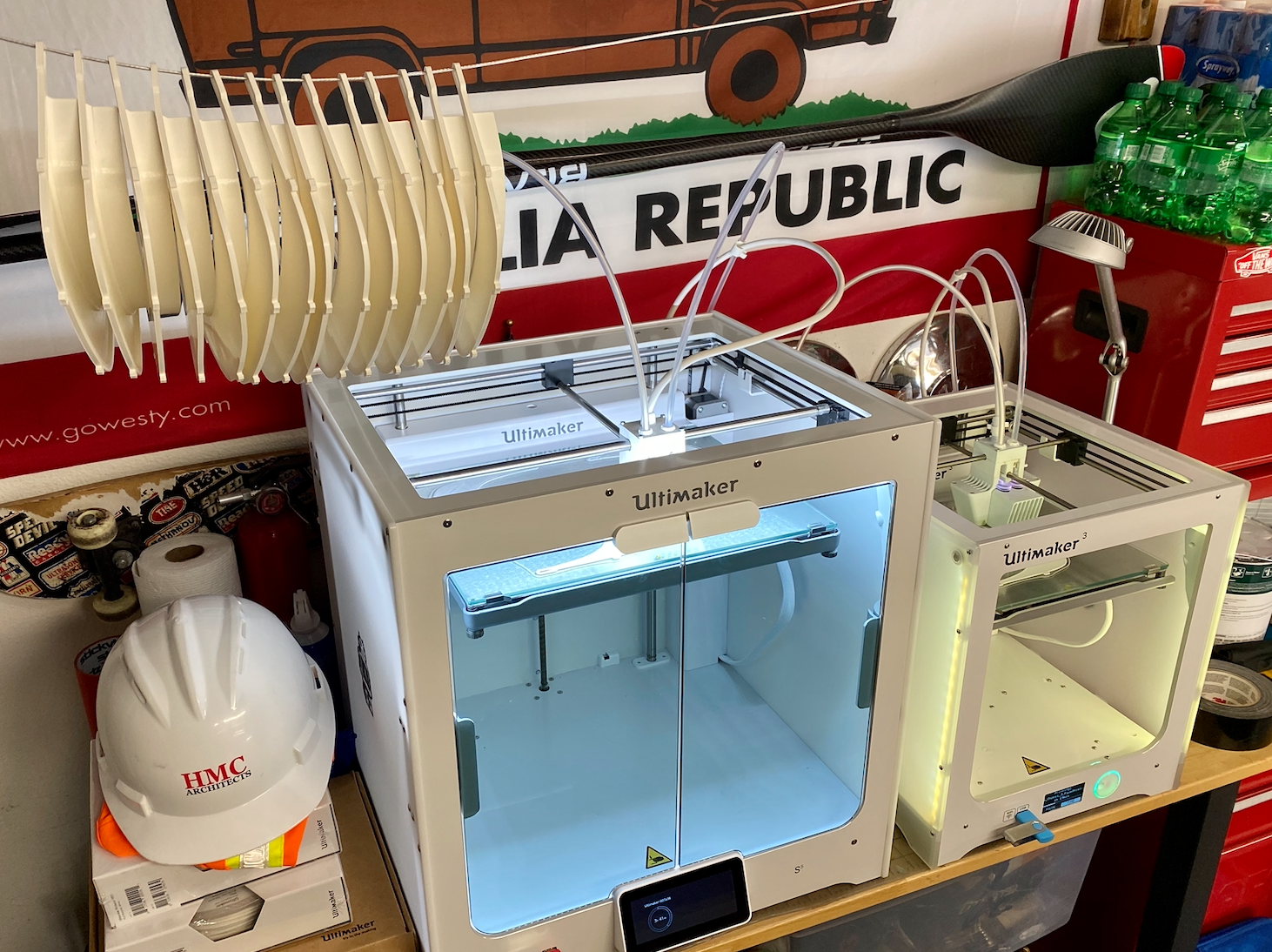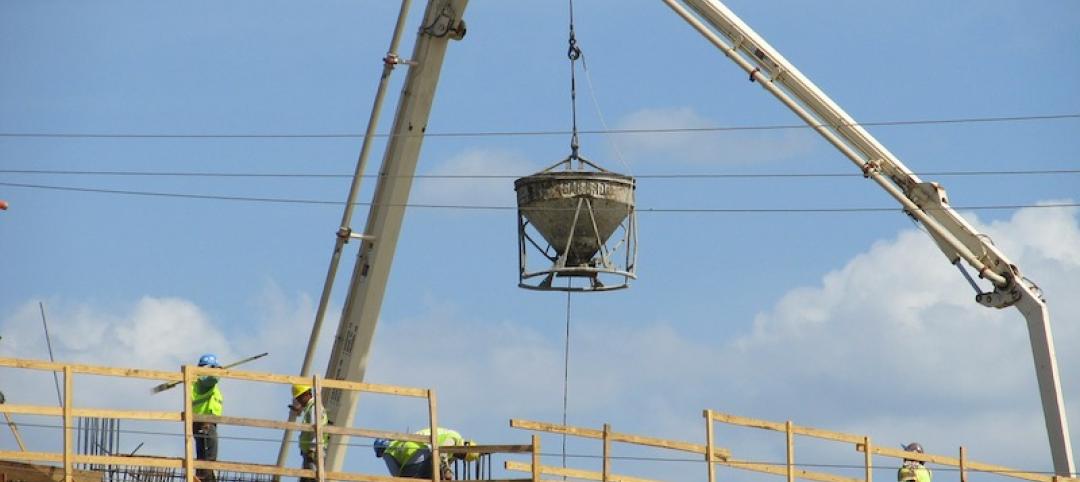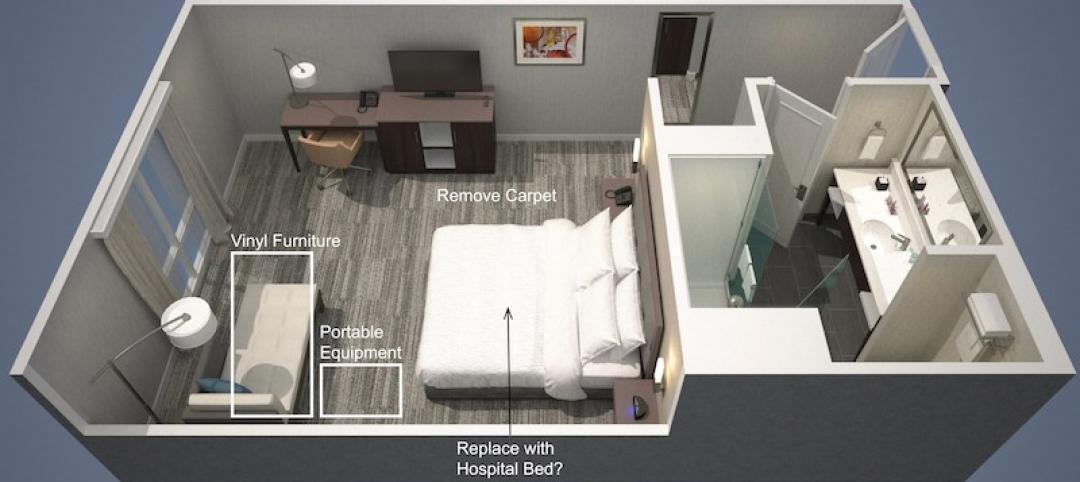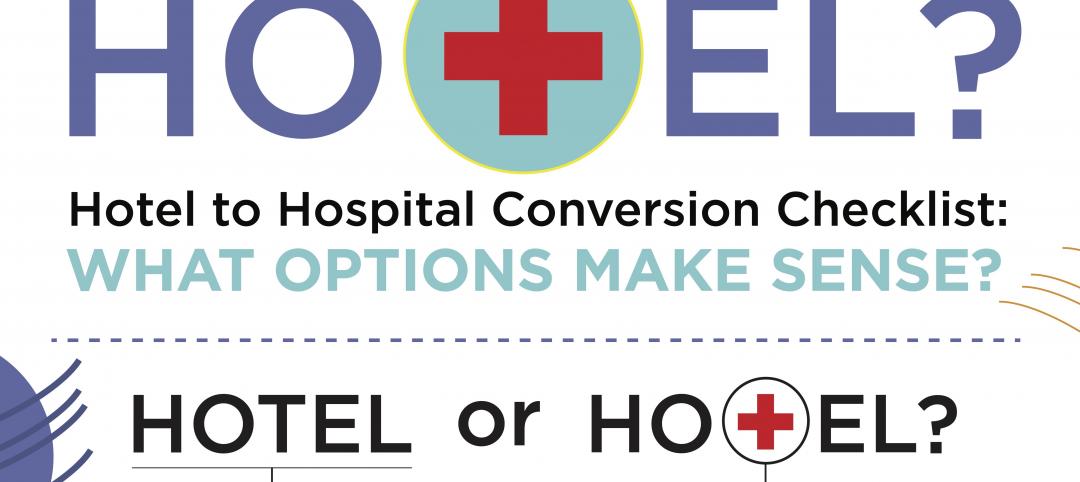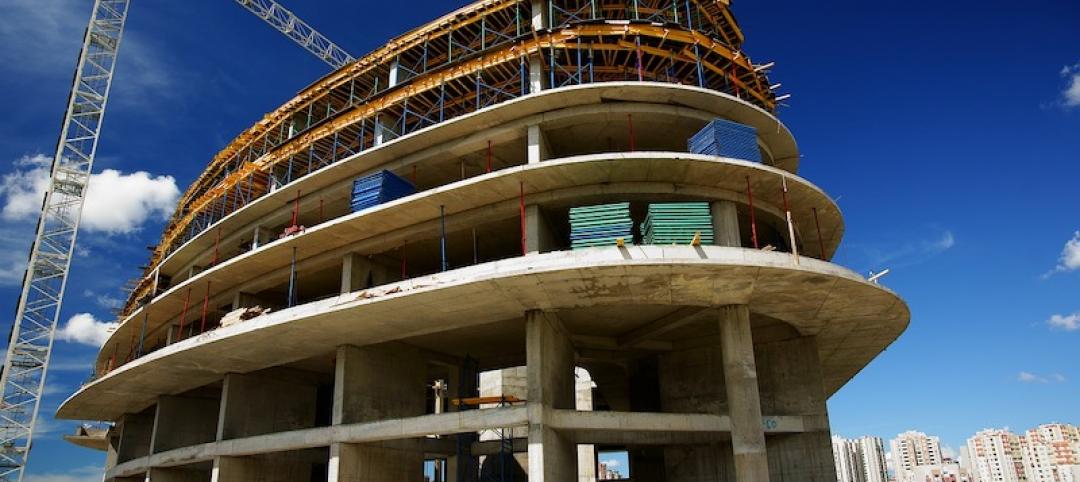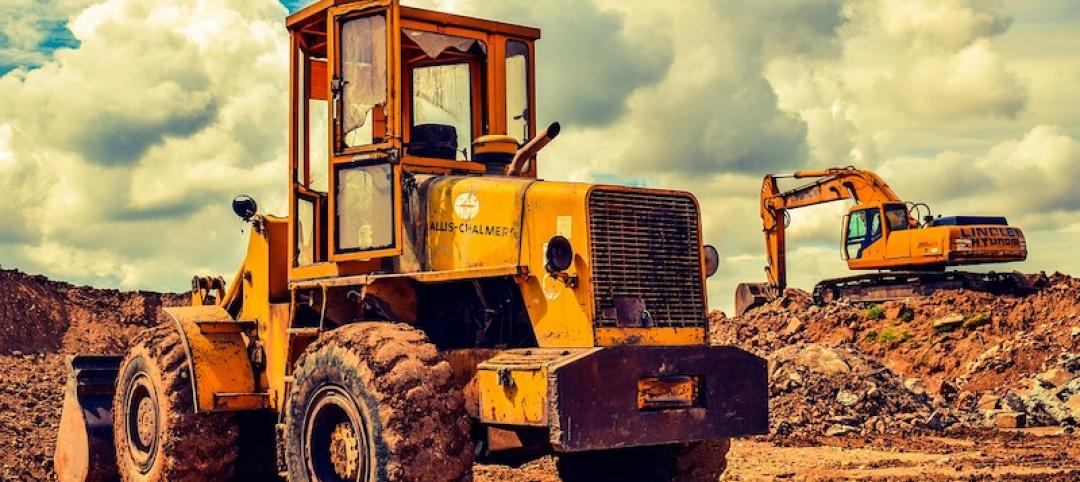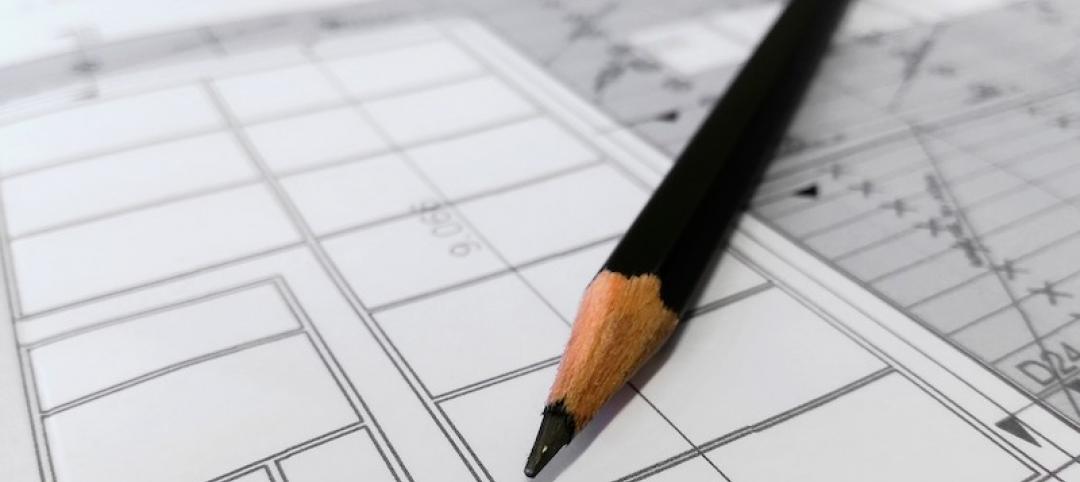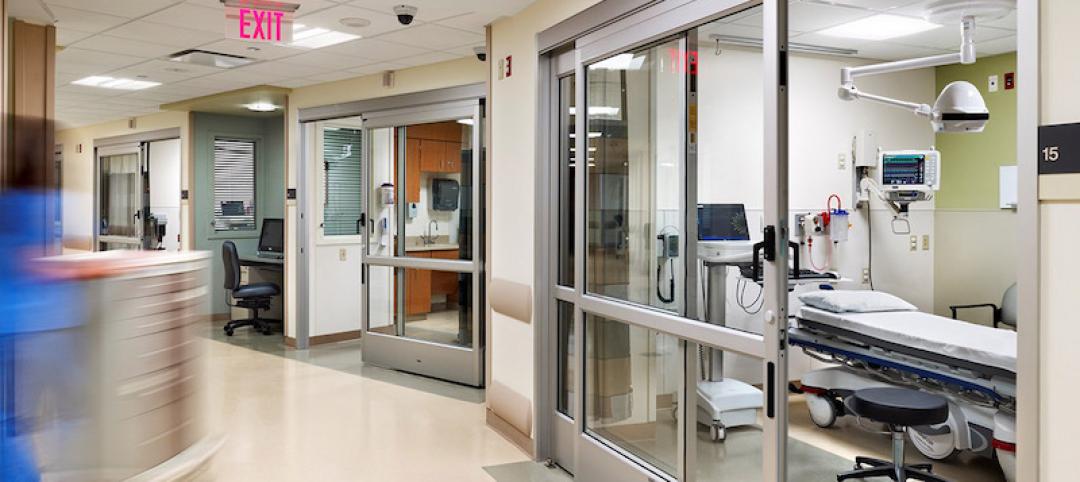HMC Architects is among the latest design brands to manufacture face shields for healthcare workers in response to the ongoing coronavirus crisis.
Using the Columbia University Library Studios information as a guide, the design firm is applying its fabrication capabilities and Ultimaker 3D printers to manufacture PPE face shields and make them available to hospitals and clinics in its communities.
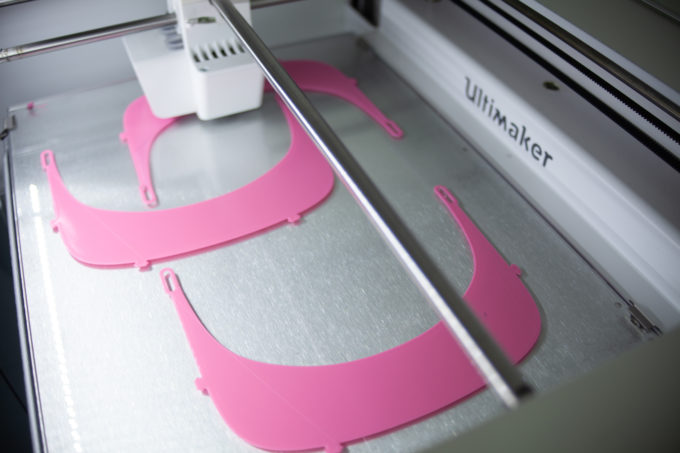 An Ultimaker 3D printer at a remote fabrication site being operated by self-isolated HMC employees.
An Ultimaker 3D printer at a remote fabrication site being operated by self-isolated HMC employees.
“If there was any time for innovative design firms to step up and provide resources to our communities, it’s right now,” said HMC President and CEO Brian Staton. “We hope to distribute as many as we can to support the efforts of our heroic healthcare workers.”
With its Ultimaker 3 and Ultimaker 5S printers running all day, every day from work-from-home locations in Los Angeles, San Diego, San Jose, Sacramento, and Ontario, Calif., HMC designers are estimating up to 35 face shields per day.
See the brief video demonstration:
3 PARTS NEEDED FOR MAKING FACE SHIELDS
The face shields are made up of three parts:
1. An elastic headband holding the shield in place on the healthcare worker’s head.
2. A 3D-printed headband connecting the elastic to the transparent shield that rests on the healthcare worker’s forehead.
3. A transparent shield made of PETG (a thin, clear, impermeable plastic).
Using 3D models from the Columbia University Library Studios website, the firm has been able to coordinate a lot of data to fabricate the 3D-printed headband that connects the elastic to the shield. The HMC teams have been using Cura open-source software to optimize print times and get higher quantities out of the 3D printers.
HMC is sourcing the face shield material (PETG 30 mil sheet material) from Riverside Plastics, a local Southern California plastic supplier. Other materials, such as elastic straps for the headbands and Ziploc bags for packaging, are being sourced from local hardware and fabric retailers.
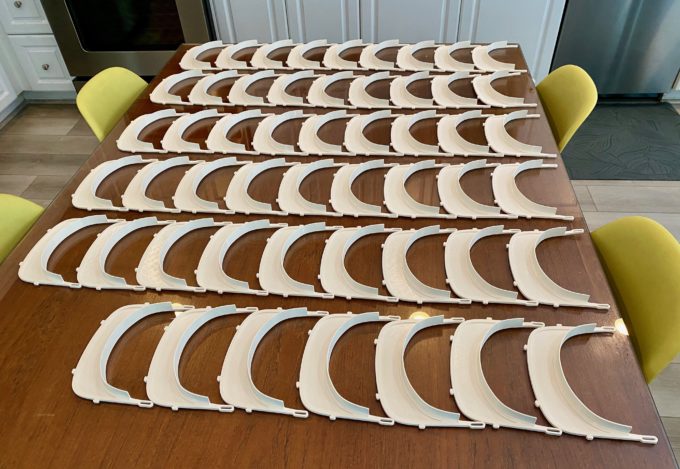 Face shield parts fabricated by remotely sited HMC staff using 3D printers.
Face shield parts fabricated by remotely sited HMC staff using 3D printers.
HMC designers are following strict contamination guidelines during production, constantly sanitizing the shields and packaging them for distribution. The firm is putting together a distribution strategy and are in the process of connecting with healthcare organizations most in need and plans to begin distributing the face shields by next week. HMC has also been in touch with other local architecture firms in the hopes that their work inspires others to join their effort.
The designers have already made improvements to their original prototypes. They changed to closed-cell foam after having some concerns about the sterility of open-cell weather stripping as specified on the Columbia University website. A local contact stepped up to provide the closed-cell foam, which is not always readily available.
DESIGN BRANDS RESPONDING TO PPE SHORTAGE
HMC joins the list of other innovative design brands—notably Under Armour, New Balance, Chanel, and Ralph Lauren—to find creative ways to respond to the personal protective equipment shortage caused by COVID-19.
Related Stories
Coronavirus | Apr 1, 2020
February rise in construction outlays contrasts with pandemic-driven collapse in March as owners, government orders shut down projects
Survey finds contractors face shortages of materials and workers, delivery delays and cancellations.
Coronavirus | Apr 1, 2020
Green cleaning and the coronavirus
If your cleaning teams use bleach to disinfect buildings from Coronavirus, will you put your LEED certification at risk?
Coronavirus | Mar 31, 2020
As cities scramble for hospital beds to treat COVID-19 patients, Leo A Daly offers a hotel-to-hospital solution
The firm has devised three conversion models, for different levels of healthcare required.
Coronavirus | Mar 30, 2020
Your turn: Has COVID-19 spelled the death knell for open-plan offices?
COVID-19 has designers worrying if open-plan offices are safe for workers.
Coronavirus | Mar 30, 2020
Learning from covid-19: Campuses are poised to help students be happier
Overcoming isolation isn’t just about the technological face to face, it is about finding meaningful connection and “togetherness”.
Coronavirus | Mar 30, 2020
COVID-19 innovation: Setting parameters for hotel-to-hospital conversions
tvsdesign breaks down different room types and how they might help free up hospital beds for coronavirus patients.
Coronavirus | Mar 30, 2020
New Department of Homeland Security guidance clarifies construction's role in supporting essential critical infrastructure
Construction officials say new federal guidance should signal to state and local officials the need to allow construction activity to continue, or resume, during coronavirus-related work stoppages.
Coronavirus | Mar 27, 2020
Sharp jump in owners cancelling or delaying construction projects across the country, new survey finds
After 42 states added jobs in February, coronavirus is taking a swift and severe toll on the industry, prompting association officials to call for additional measures to help workers and firms recover.
Coronavirus | Mar 27, 2020
Covid-19 stalls demand for design services
Two thirds of architecture firms report slowing or stoppage of projects due to COVID-19.
Coronavirus | Mar 26, 2020
It’s not if, but when: Designing healthcare spaces that support pandemic response
What can we learn from Singapore’s response to COVID-19? How does it impact the next generation of hospitals?


